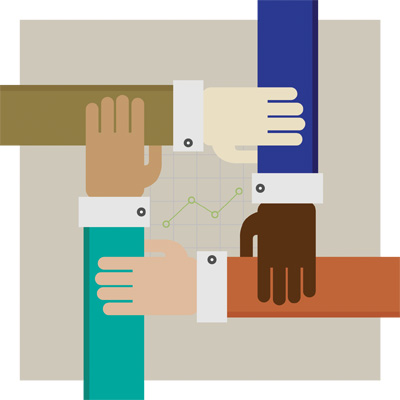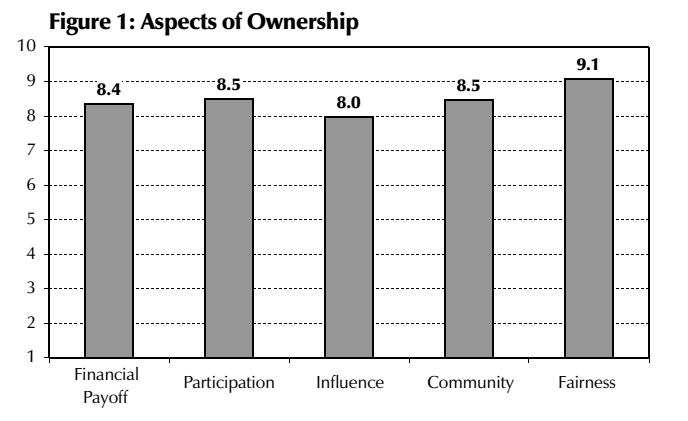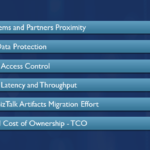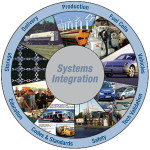Building a sense of ownership in consulting teams
The IT consulting space (and in professional services in general)  companies rely heavily on the consultants that represent them with a particular client. You are only as good as your consultant is on that given day. One key requirement in that is having the consultant take ownership of work. This means owning the client’s problems as his, owning the firm’s problems as his, owning the work that he deliver (rather than diverting it) – in terms of quality, timeliness and scope delivery. While consulting firm’s do put structures in place to ensure this, ownership remains a psychological trait more than a corporate assignment. The question then is, how do consulting firms systematically create ownership in their employees.
companies rely heavily on the consultants that represent them with a particular client. You are only as good as your consultant is on that given day. One key requirement in that is having the consultant take ownership of work. This means owning the client’s problems as his, owning the firm’s problems as his, owning the work that he deliver (rather than diverting it) – in terms of quality, timeliness and scope delivery. While consulting firm’s do put structures in place to ensure this, ownership remains a psychological trait more than a corporate assignment. The question then is, how do consulting firms systematically create ownership in their employees.
A survey conducted by the Ownership Associates, Inc., Cambridge, Massachusetts. details 5 dimensions raising levels of ownership. 
Fairness
The most significant factor in developing ownership. Fairness has a few dimensions:
- Distributive: Employees must feel that they have distributive justice (that the pie is split openly and in contribution to efforts). This implies that there is an agreed upon understanding of the value of contribution of various members in the team.
- Retributive: People are penalized when they are wrong and appreciated when they are right.
- Informational: That employees have equal access to key resources and information in the company.
Financial Payoff
Bit of a no-brainer but the obvious is still true. Legal ownership and a piece of the pie helps in developing ownership. Companies focus on this quite a bit but its important to note that overall this contributes only about 20% in the overall psychological development of ownership.
Participation
If you seek the opinion of your team often, especially in matters that pertain to their day to day lives, that has a positive effect on ownership. It develops a causal relationship between their opinion and what goes on in their lives leading to a positive growth in the locus of control and ownership.
Community
When we see ourselves as part of a broader community that gives us a sense of belonging. We begin to feel that our actions represent the community and hence feel accountable towards them. This feeling of being “in it together” has a positive impact on the sense of broader teams have. If you have a very large team, try splitting them into communities of interest, geography or centers of excellence.
Influence
Or as I like to call it, causality. People like to feel they have control over the affairs of their company/project/group. If your manager constantly shoots down your ideas, the most likely reaction is to start disconnecting yourself from the outcomes of what appear to be your manager’s decisions. Managers should actively go out of their way to seek the advice of the teams and include their opinion in the overall decision making process.
Here at Allied, we believe that solutions are actually just smart people owning the problems of our clients. They live and breathe these as if they are their own which gives us the best odds of success. Do you find ownership to be a challenge in your company? We’d love to hear about ideas and observations you may have in this area.






